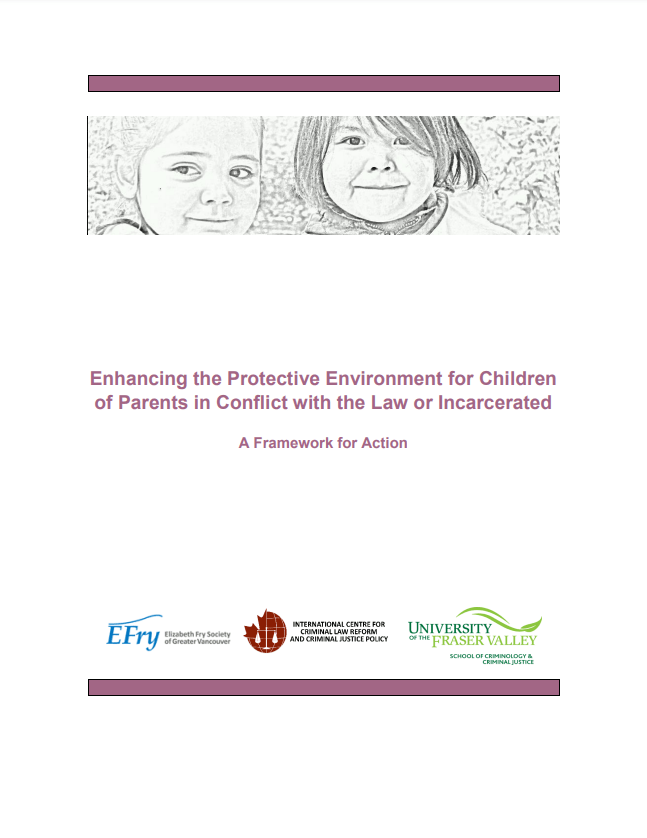Practical measures and strategies
Increasing support for the families
Recommendation 13:
The incarceration of one parent often results in various forms of hardship for the rest of the family, particularly the children. Imprisonment disrupts positive, nurturing relationships between many parents—particularly mothers who are often the sole or primary caregiver—and their children. Children and their families suffer economic strain and instability when a parent is imprisoned. Family members are not guilty of anything. All agencies and services involved with the families should try to mitigate the impact on family members at all stages of the criminal justice system, ensuretheir rights are upheld, and ensure they are not discriminated against because of the actions of their family member. Supporting the families and strengthening the children’s positive family connections are necessary to ensure a healthy child development. Different forms of support are needed.
- Encourage the various agencies and services involved with the children to work towards positive family outcomes and to adopt consistent practices in the support of families and positive life outcomes for the children.
- Ensure that families understand the criminal justice process and are aware of the supports available.
- Provide information to families and ensure that the information provided is timely and accurate.
- Encourage and support parents and caregivers to explain procedures, decisions and the truth of the situation to children in an age appropriate manner.
- Ensure that families have access to information and assistance on a range of issues such as housing, benefits and finances, legal issues, health, or childcare.
- Facilitate appropriate contacts between family members and the incarcerated parent.
- Provide guidance to agencies dealing with families of parents in conflict with the law.
- Conduct family impact assessments when new policies and practices are developed that may affect the families of people in conflict with the law.
- Keep incarcerated parents informed about the situation and well-being of their children and other family members, and support them in managing family concerns as appropriate.
